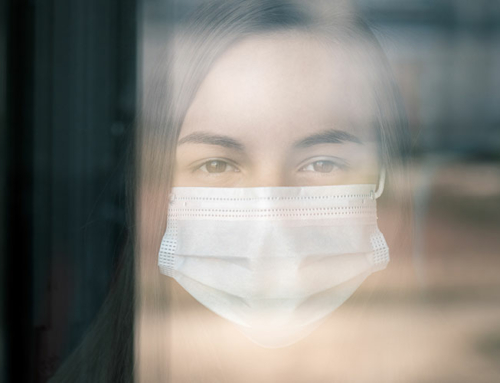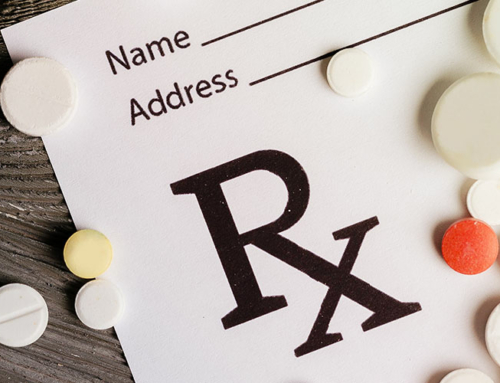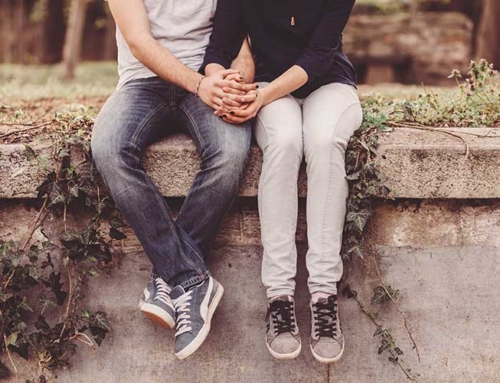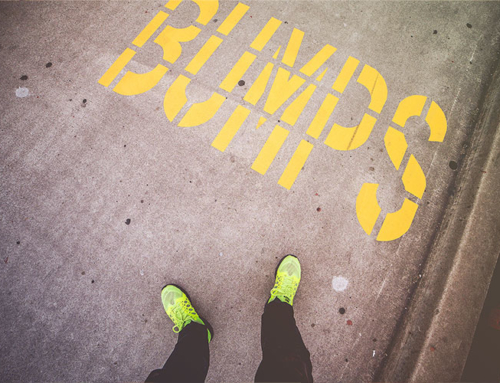Signs of Depression
Signs of Depression to Look for in Your Teen
The signs of depression may be hard for many parents and teens to recognize and may even surprise many. Depression is often a tricky disorder and can sneak up on you before you even know it. Most of us would recognize the classic signs of depression including heavy sadness and hopelessness; but, what if you just started getting stomachaches for no reason or were suddenly very cranky? You could be suffering from depression without knowing it.
“Depression doesn’t always look like debilitating sadness,” says Richard Kravitz, MD, MSPH, a professor of internal medicine at University of California, Davis. “Patients are reluctant to consider depression as a cause of their symptoms, in part because they may equate it with weakness, but also in part because they simply don’t associate their symptoms with depression.”
Accurately identifying the problem is key, he adds, because the sooner you recognize the signs of depression and get treatment, the easier it will be to return your happy, healthy self.
Do you see or can you ask your teen if they are experiencing some of the following signs of depression…
Do You Feel Nothing?
Can you describe yourself as blah or numb? Do things that once brought tears or smiles now barely register? This kind of zombie behavior is a hallmark sign of mental illness. In addition, it can make you seem cold, distant or aloof, pushing away the people who would otherwise give you love and support.

Do You Have a Short Fuse?
If the slightest mishap sends you into a rage or grouchy is your new normal, then you may be in a state of depression. In a 2013 study published in the journal JAMA Psychiatry, 54% of people with depression reported feeling hostile, grumpy, argumentative, foul-tempered, or angry. “Once you’re on the negative side of the house, you’re more accessible to the rooms where other negative moods hang out—irritability, frustration, and anger,” says Simon Rego, PsyD, associate professor of clinical psychiatry and behavioral sciences at Albert Einstein College of Medicine and director of psychology training at Montefiore Medical Center.
Are You in Pain?
Mental illness and pain share some of the same biological pathways and neurotransmitters. About 75% of people who suffer from the blues also deal with recurring or chronic pain, research shows. A 2008 study in the Archives of General Psychiatry found that when unhappy people anticipate pain and their brain activity indicates more emotion and less coping so they are less able to handle the hurt.
Are You Gaining Extreme or Out of the Ordinary Weight?
Many of us turn to comfort food during times of depression. Although comfort food can raise levels of the mood-boosting brain chemical serotonin, over time emotional eating can lead to weight gain and feelings of guilt and shame. And, unfortunately, it does nothing to treat the underlying cause. As depression sufferers feel worse, many of them eat more… a vicious cycle.
Are You Excessively Indecisive?
People make upwards of 70 conscious decisions every day, Columbia University research shows, and most of them are quick and easy. When we are depressed, these decisions become harder to make and feel overwhelming.
Do You Find Yourself Obsessing?
Whether social media, gambling or shopping, doing anything in excess, especially online, this behavior can be a sign of depression. Several studies confirm that people who go online compulsively and have more virtual social interactions than real ones may be depressed. They may feel deprived of real human companionship and/or may be using the online world to escape from their thoughts and feelings.
Do You Ignore Basic Grooming?
Even if your grooming routine was modest to begin with, it may disappear altogether when you are depressed. In a 2014 survey of more than 10,000 people, 61% who had poor oral health reported suffering depression. Not caring what you look like on the outside is a strong sign of problems happening on the inside.




















